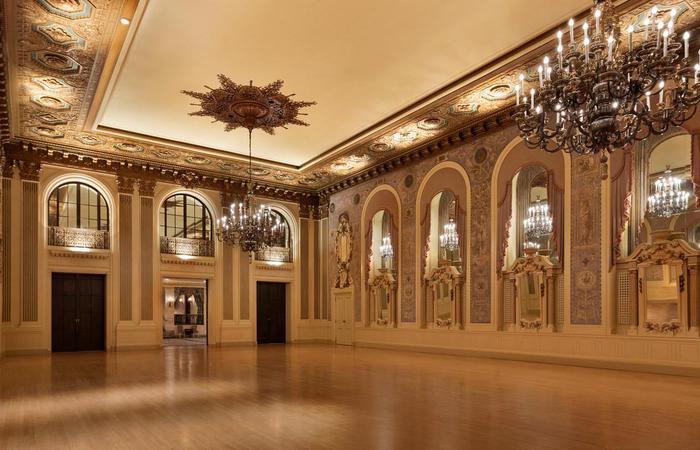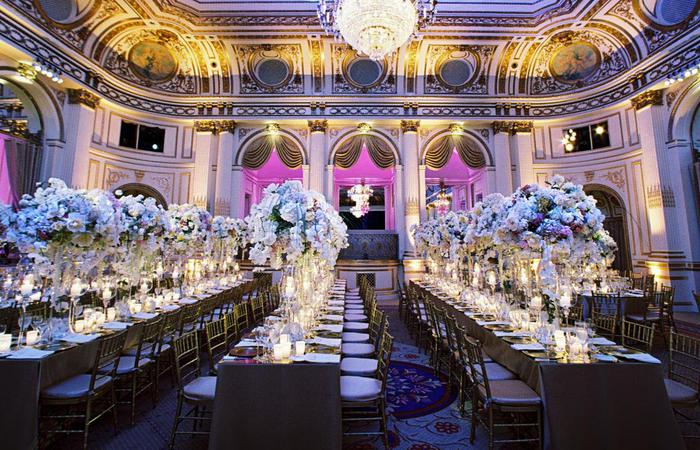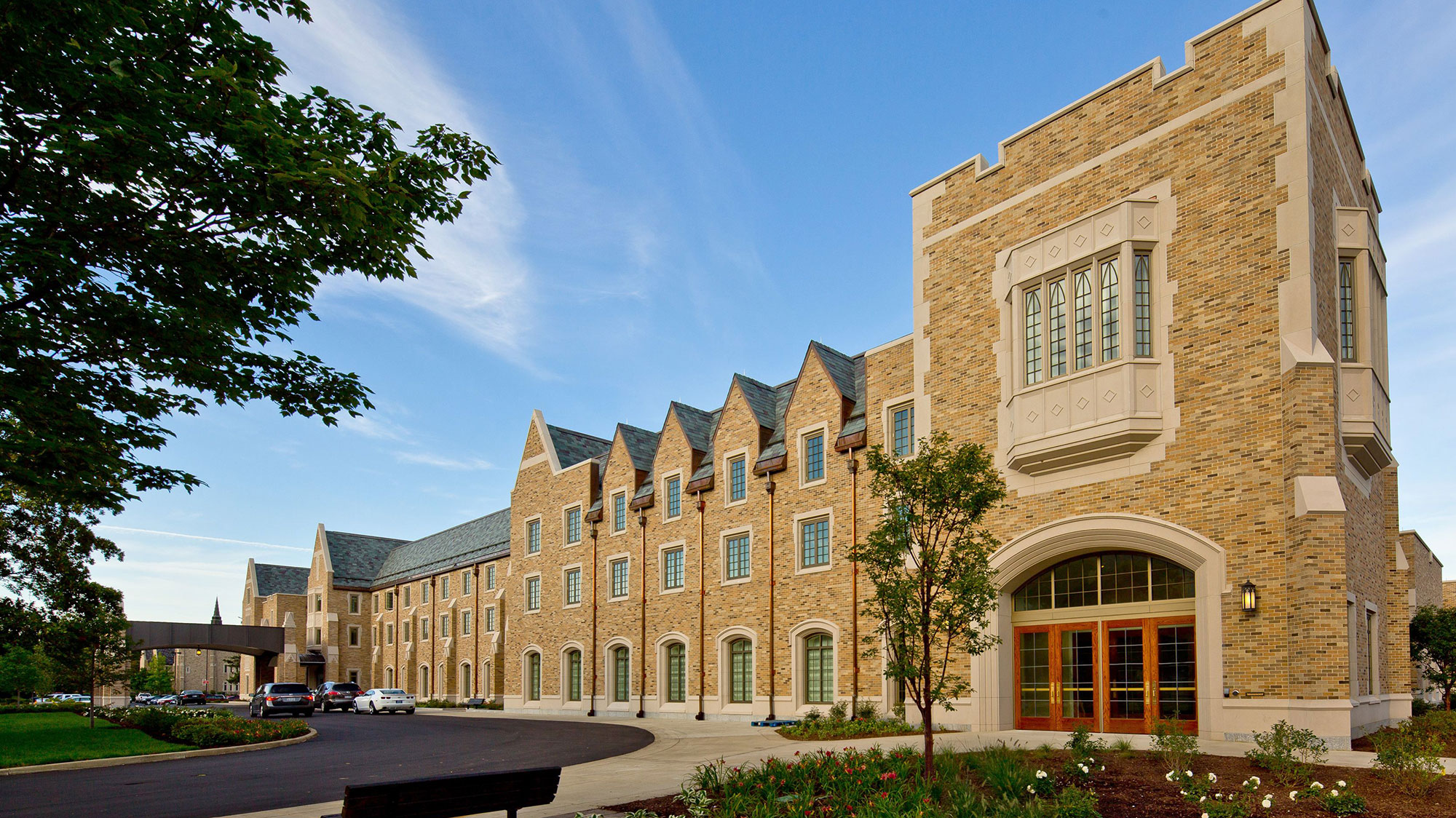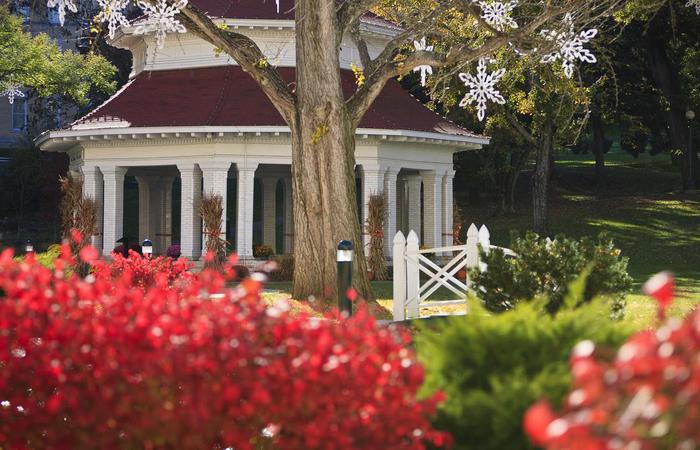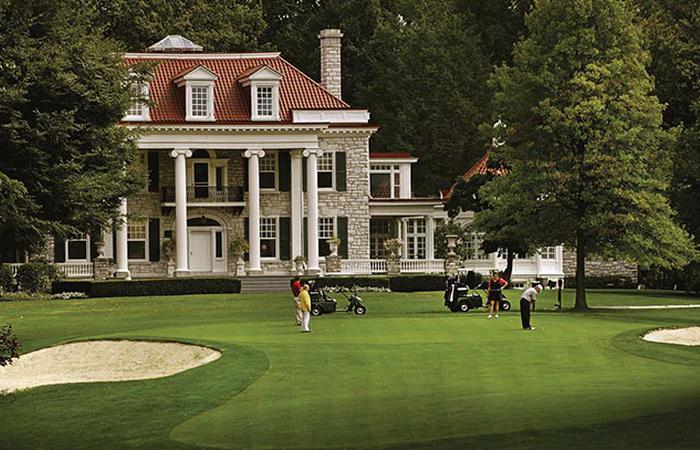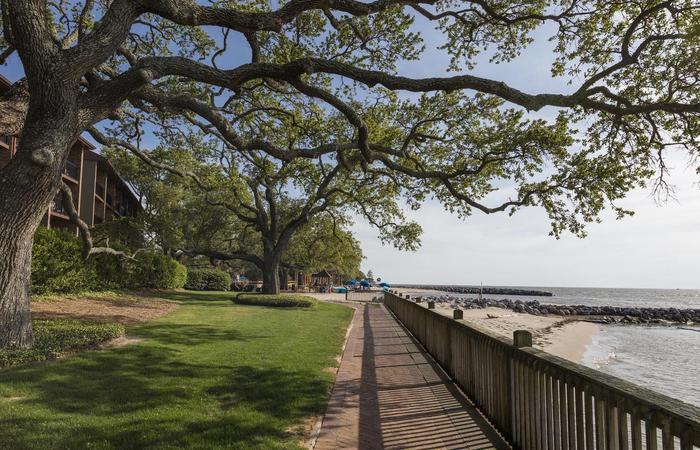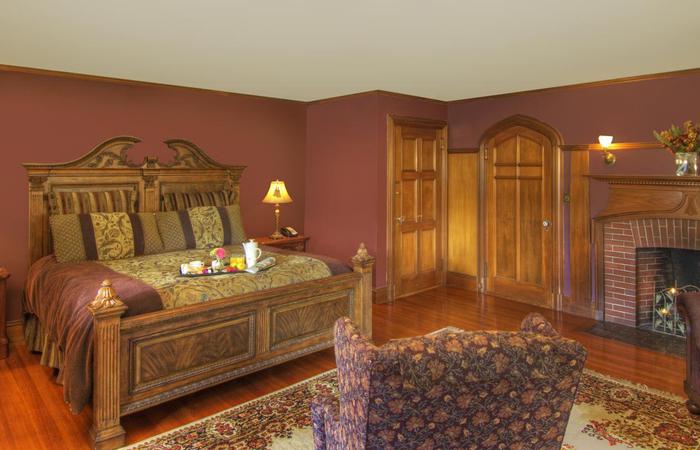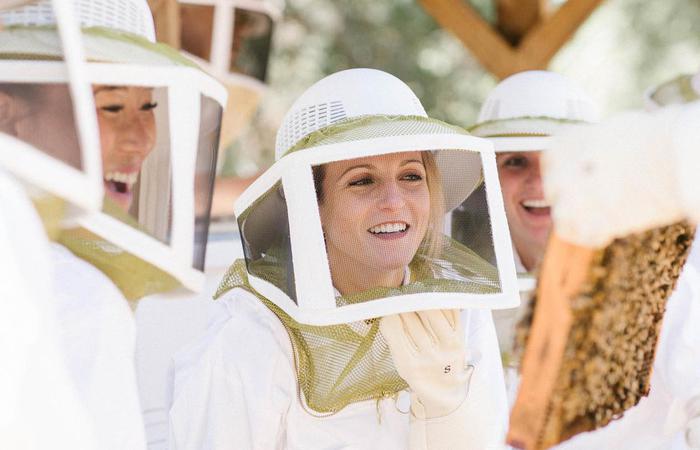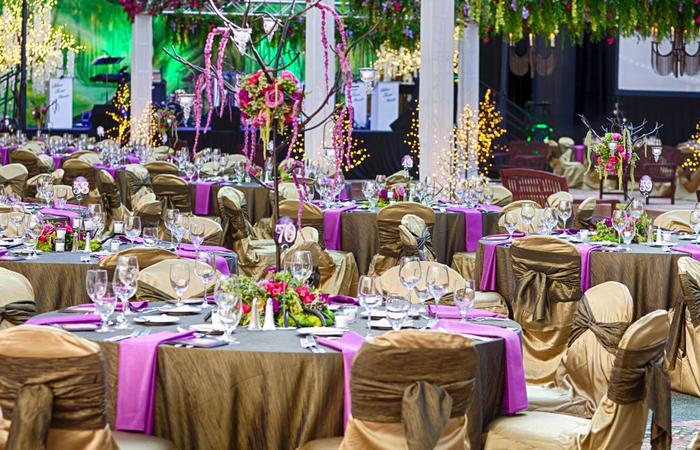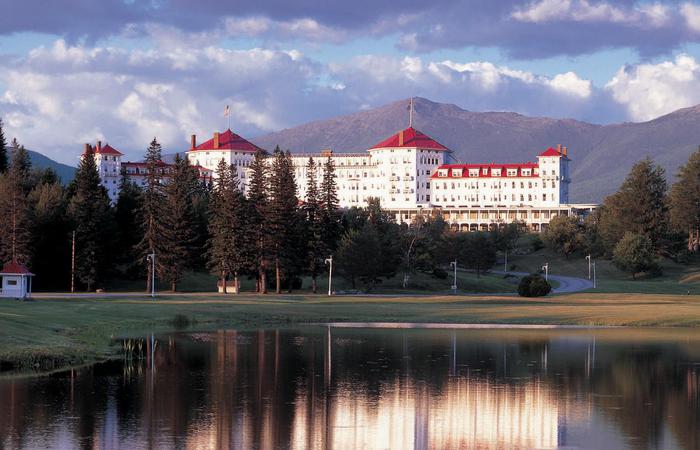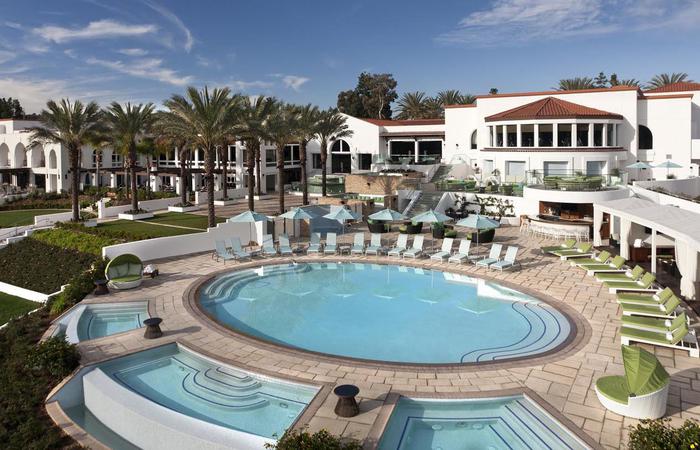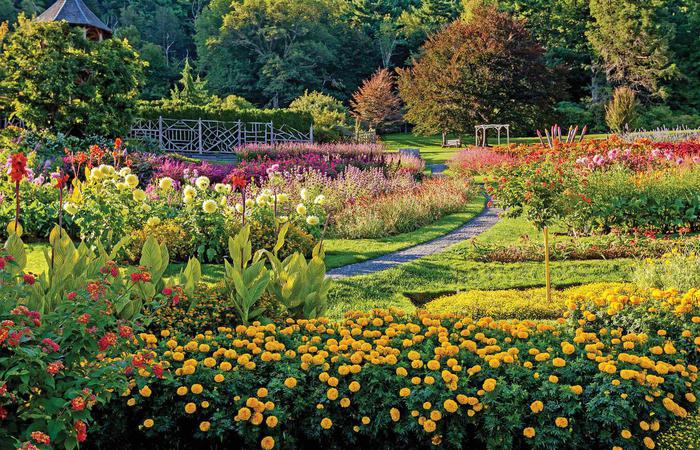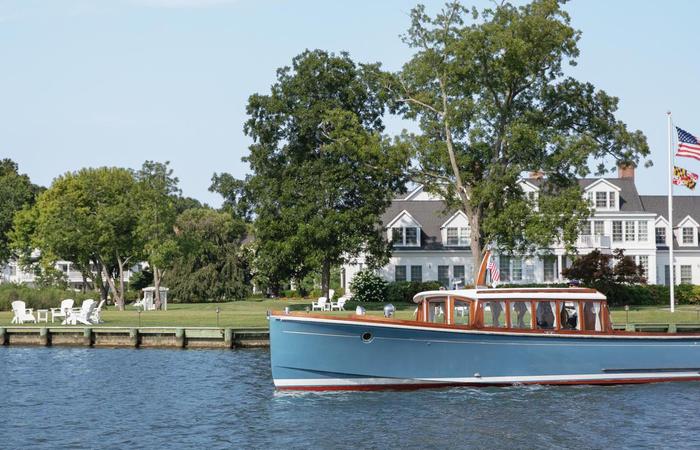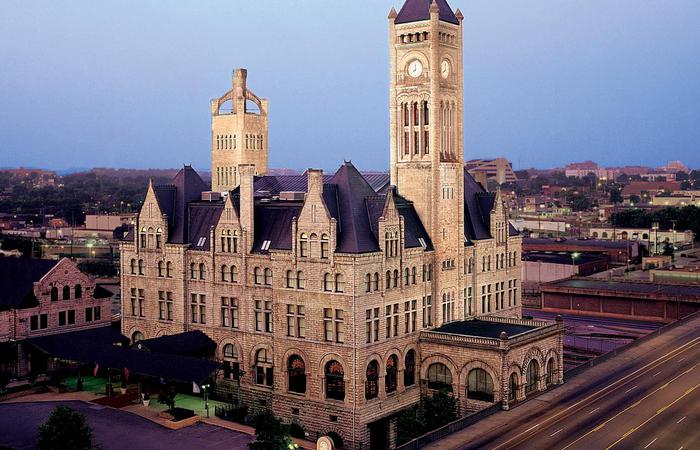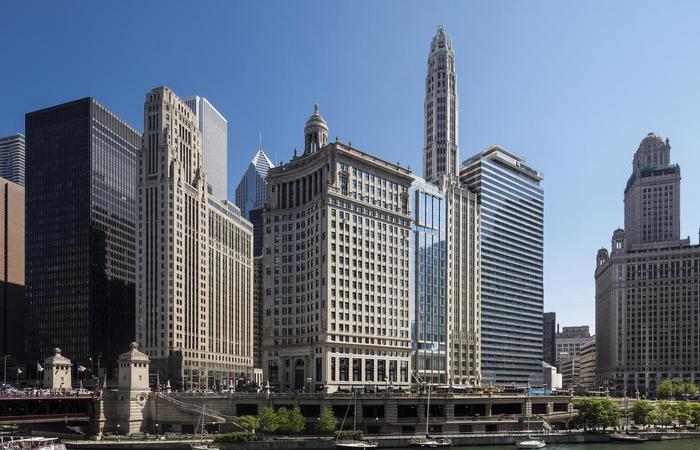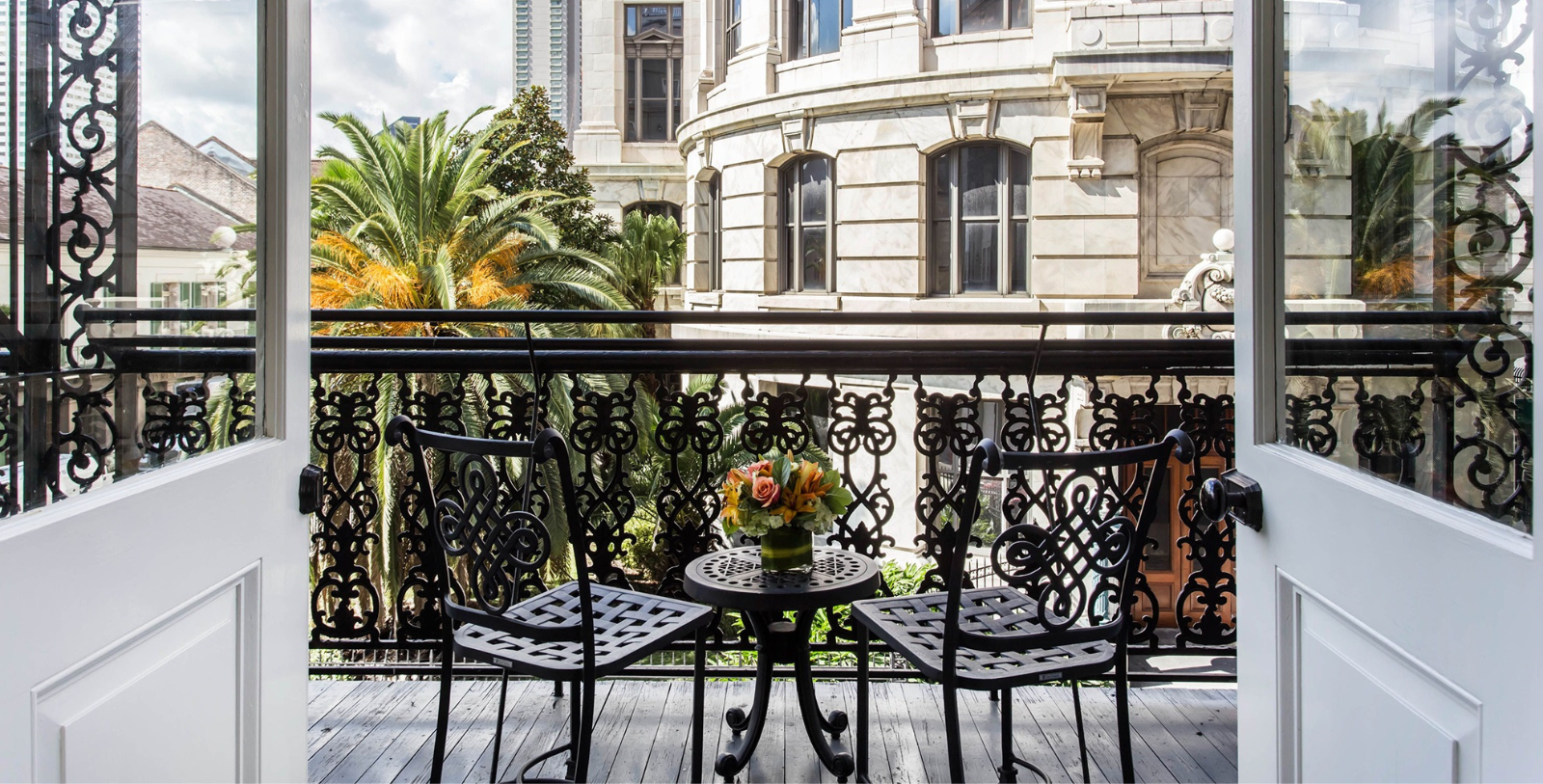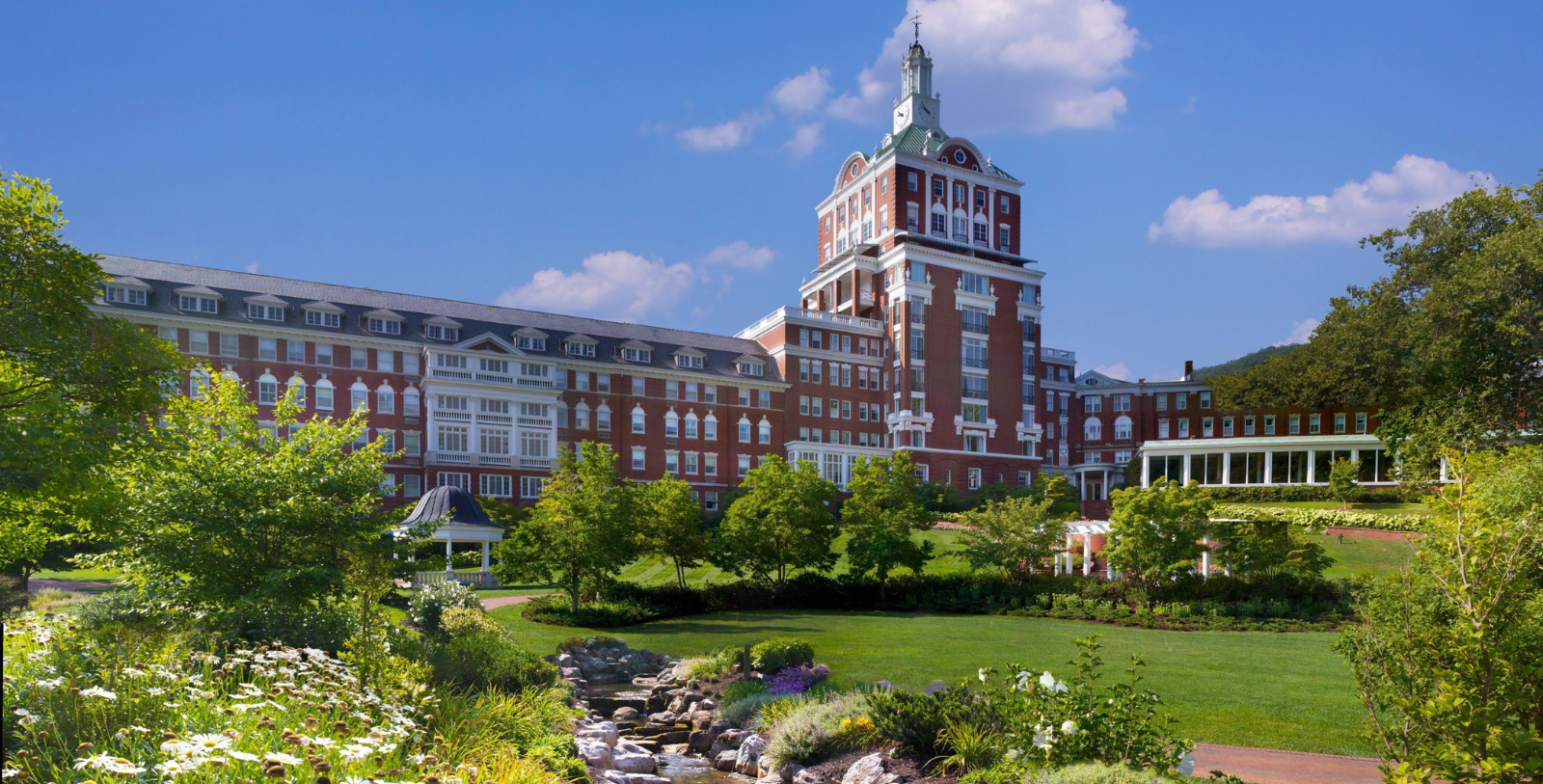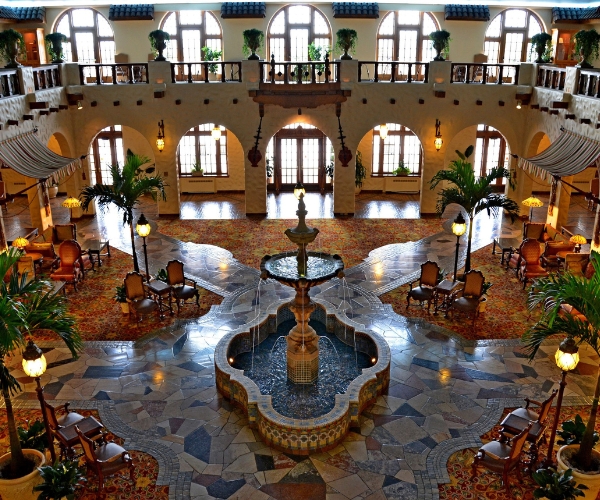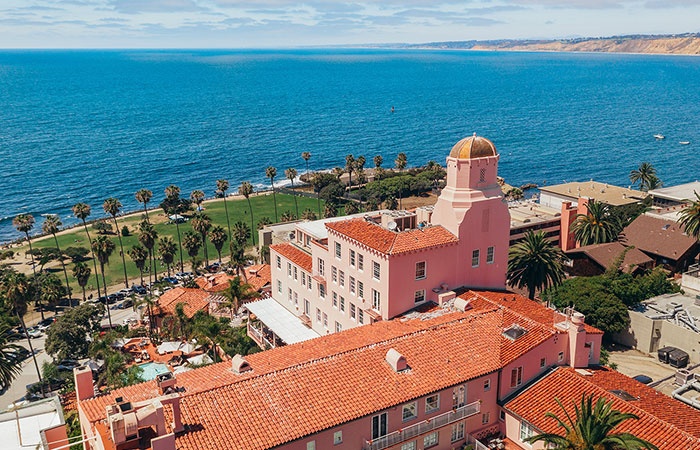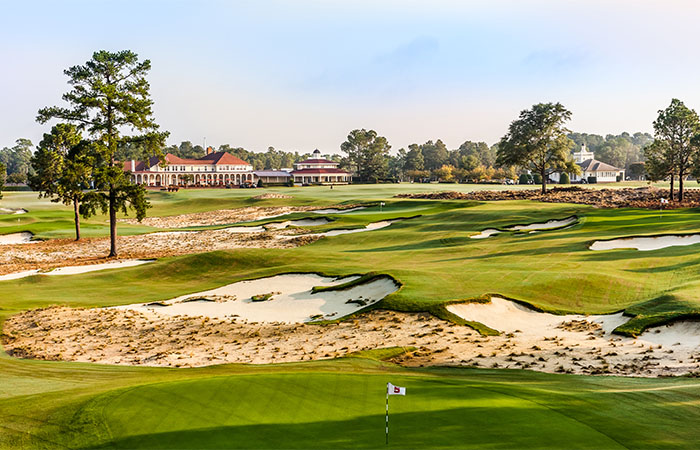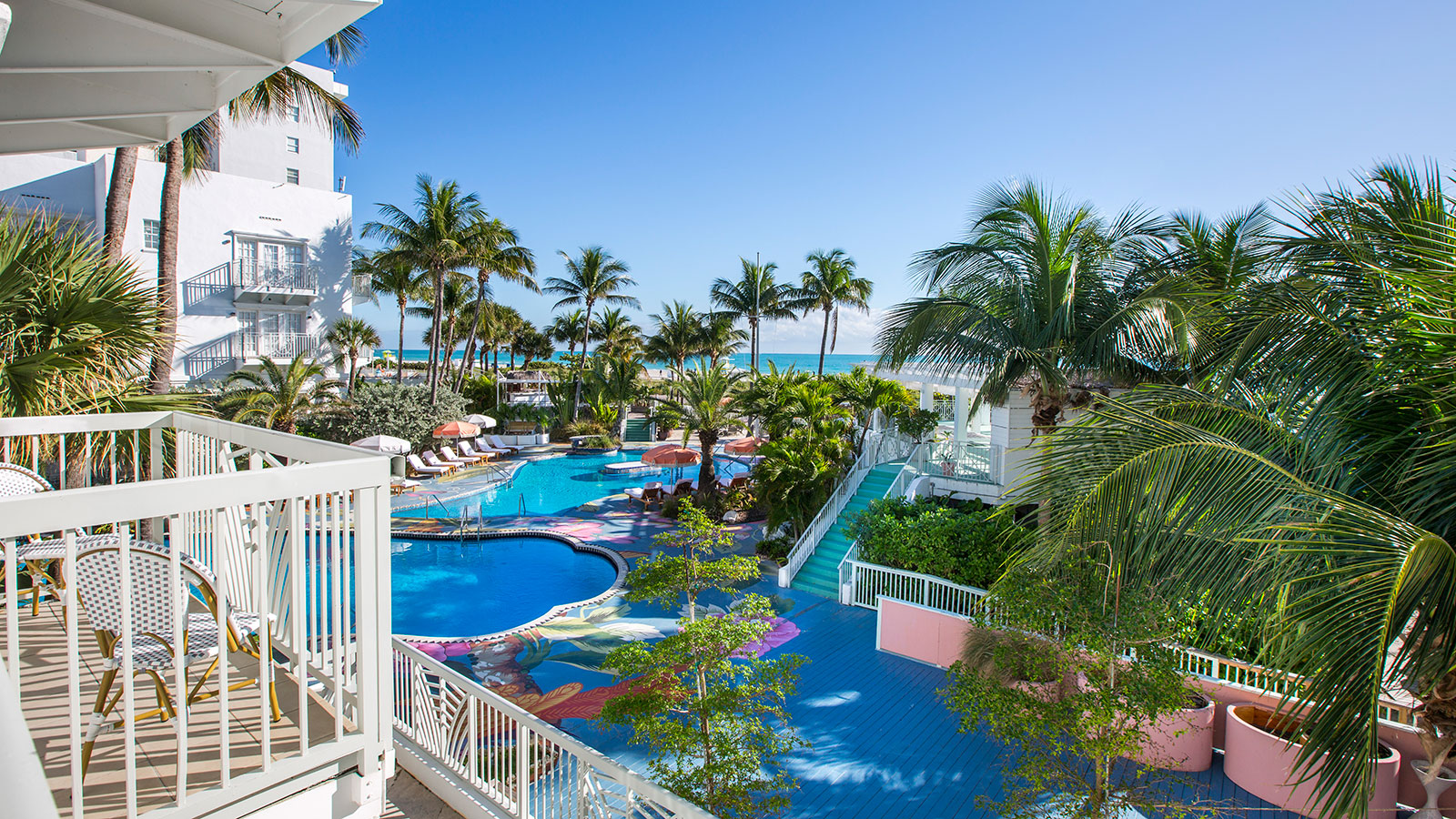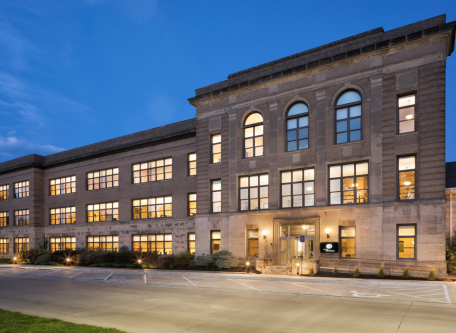Receive for Free - Discover & Explore eNewsletter monthly with advance notice of special offers, packages, and insider savings from 10% - 30% off Best Available Rates at selected hotels.
location
Grinnell is a global destination for architects, art lovers, and outdoor enthusiasts. Though small in size, there is something for everyone to enjoy. Visit an exhibit at Faulconer Gallery or Grinnell College Museum of Art, tour the world-famous Jewel Box Bank, harvest some in-season produce, or simply lounge at the Periodic Table bar for a great trip in Grinnell.
Nearest Airport
Nearest Airport: Des Moines International Airport – 59.9mi/63 min
Hotel Address
925 Park Street, Grinnell
Iowa, United States 50112
Historic Hotels of America Recommended Points of Interest
-
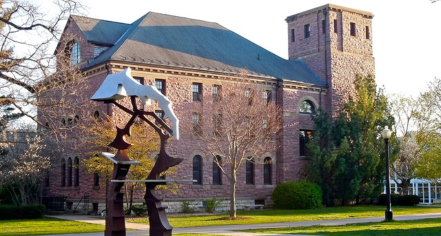
Grinnell College
Grinnell College is a private liberal arts college in Grinnell, Iowa, United States. It was founded in 1846 when a group of New England Congregationalists established the Trustees of Iowa College.
-
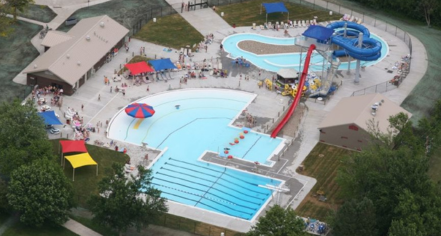
Grinnell Mutual Family Aquatic Center
Offering swim lessons, a lap pool, a lazy river and water slides, The Grinnell Mutual Family Aquatic Center is fun for the whole family.
-
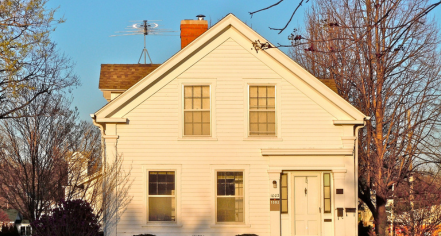
Levi P. Grinnell House
The Levi P. Grinnell House is a historic dwelling located in Grinnell, Iowa, United States. One of his cousin's was Josiah Bushnell Grinnell, a political and social activist who founded the town. He owned this property from 1857 to 1863, and had the house built about 1860.
-
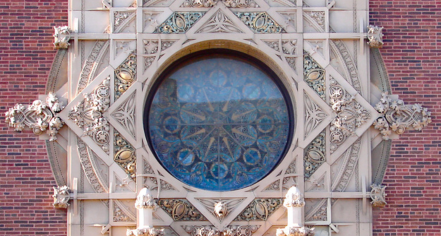
Louis Sullivan Jewel Box Bank
The Merchants National Bank building is one of the eight Midwestern "jewel-box" banks designed by Louis Sullivan, legendary American architect and mentor of Frank Lloyd Wright.
-
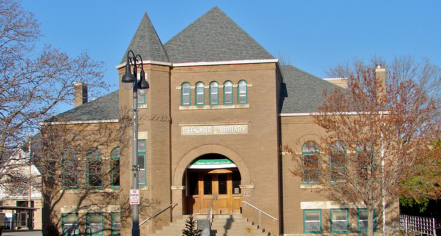
Stewart Library
The Stewart Building, formerly home to Stewart Library and current home to the Grinnell Area Arts Council, is a historic building located in Grinnell, Iowa.
-
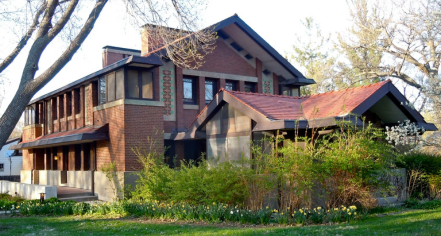
The Benjamin J. and Mabel T. Ricker House
The B.J. Ricker House is a historic dwelling located in Grinnell, Iowa, United States. The significance of this house is that it is an early example of "Prarie School of Architecture" by Walter Burley Griffin.


